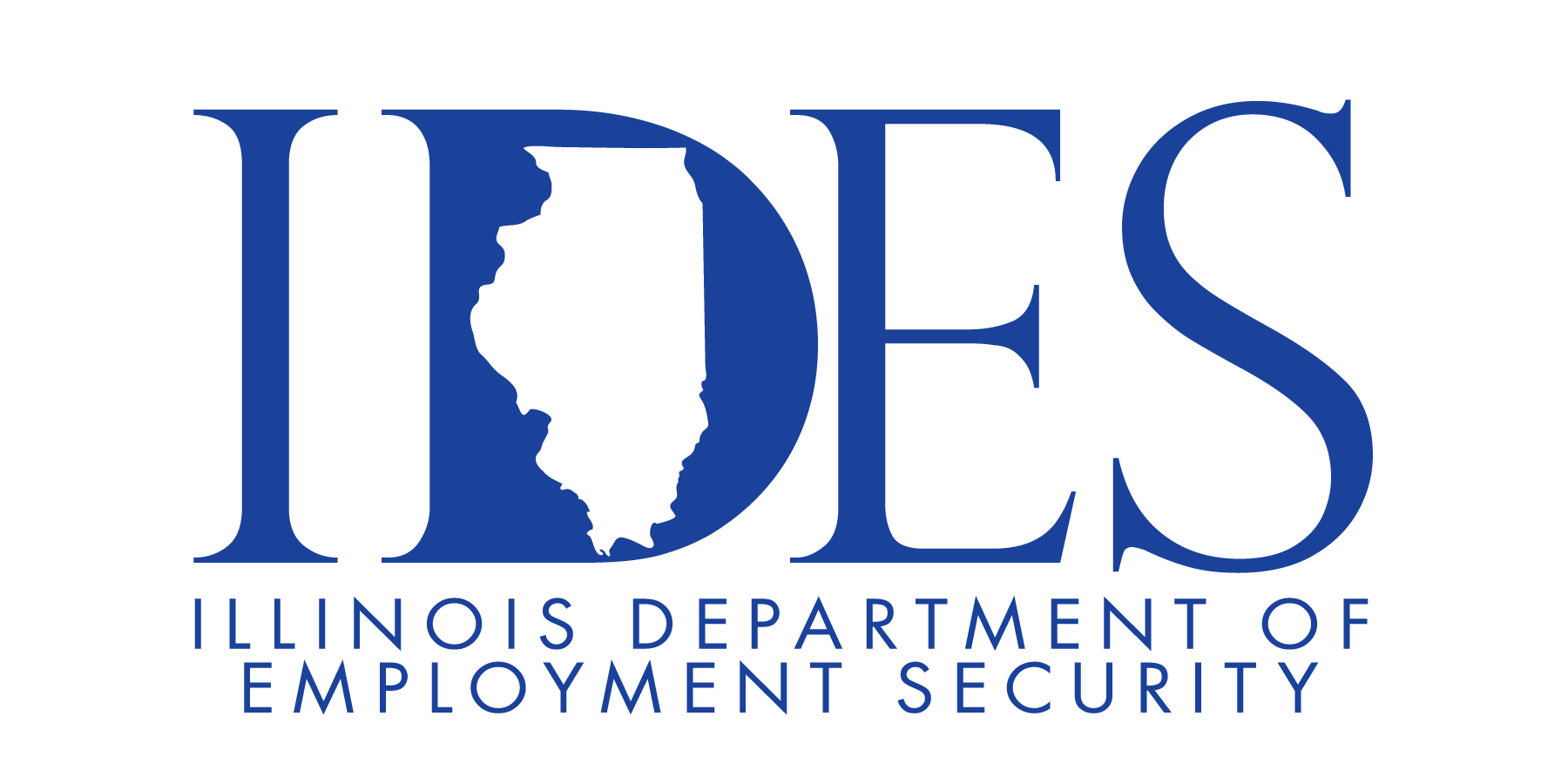Illinois misses the September deadline to repay $4.2 billion federal unemployment loan.

Employers warn inaction by state lawmakers could ‘cripple’ businesses and the COVID-19 economic recovery.
Illinois state leaders missed the Sept. 6 deadline to repay a $4.2 billion federal loan to the state’s unemployment insurance fund, which leaves Illinois taxpayers on the hook to pay $60 million in annual interest on that loan.
The unemployment fund has been depleted during the COVID-19 economic downturn. Between the loan and failure of state leaders to replenish the fund, potentially by using federal COVID-19 bailout funds, the deficit stands at $5.8 billion.
Business leaders warn a failure to repay the debt would result in automatic tax hikes on Illinois’ employers starting at $500 million, further waylaying the state’s stagnant job recovery. There would also be automatic benefit cuts of the same amount. Employers could be subjected to further, discretionary tax hikes by the state legislature if those automatic solvency measures fail to fill the hole.
Since the onset of the COVID-19 pandemic, the number of Americans filing jobless claims nationally has soared to historic highs, placing unprecedented stress on state unemployment systems. Illinois saw unemployment peak at 16.3% in April 2020 as Gov. J.B. Pritzker mandated business closures statewide.
Over 202,000 Illinoisans in a week filed for unemployment back then. That’s more than 12 times the number of claims the Illinois Department of Employment Security received in same period during the Great Recession.
All those claims led to the $5.8 billion deficit when more was paid to out-of-work claimants than was in the fund.
The deficit amount includes $4.2 billion the state borrowed during the pandemic in initially interest-free federal funds and the $1.6 billion change in the trust fund balance since the beginning of the pandemic. The trust fund held $1.85 billion as of February 2020 and had a balance of just $256 million as of September 2021, according to the Treasury Department.
Illinois was originally one of 22 states that applied for these advanced federal loans. But after the state missed the Sept. 6 loan repayment deadline, Illinois finds itself among 10 states accruing interest on that debt.
Business groups have estimated these looming interest payments could cost Illinoisans as much as $14 million in 2021 and up to $60 million annually starting in 2022. The first of these installments to the U.S. Treasury are due Sept. 30.
Illinois business leaders and labor groups have warned failing to address the state’s growing unemployment insurance fund deficit for too long could also led to “crippling” taxes on businesses and significant cuts to unemployment benefits.
Federal law mandates states maintain the solvency of unemployment funds to protect vulnerable residents. Without outside funding, the two ways states can fund their trusts are by either increasing employer payroll taxes or cutting benefits for the unemployed.
But if any state maintains an outstanding balance of federal borrowing for the beginning of two consecutive calendar years, federal law triggers a series of automatic tax hikes on businesses in that state. The standard federal payroll tax rate of 0.6% could rise by 0.3% beginning Jan. 1, 2022, and then rise an additional 0.3% each year the balance remains outstanding, up to a maximum of 6%.
Rob Karr, CEO and president of the Illinois Retail Merchants Association, estimated these unemployment credit reductions would essentially raise taxes on businesses by $500 million and cut $500 million in unemployment benefits.
With Illinois’ unemployment rate stagnating at 7.1% since March while national unemployment continues to trend downward, that hike would further hurt the ability of Illinois businesses to hire and of workers to find jobs.
Illinois’ struggles with its underfunded unemployment insurance trust fund are nothing new. During the Great Recession, the state had to borrow nearly $1.5 billion in federal money to backfill the fund. To avoid automatic tax hikes on businesses triggerd by the delayed repayment of that federal loan, the state then sold bond debt to repay the federal government. Those bonds took five years to repay, funded by a compromise with Illinois businesses that included modest payroll tax increases and benefit cuts.
To cut already-struggling businesses some much-needed slack, both Karr and the State Policy Network recommend Illinois use part of the $5 billion in federal aid from the American Rescue Plan Act to fill the unemployment trust deficit. The U.S. Treasury earlier this year gave the green light for states to use those funds to restore unemployment trust fund balances to January 2020 levels.
States such as Ohio have already acted, using $1.5 billion in federal funds to repay their Title XII loans.
“By repaying this loan in full, we ensure that Ohio businesses won’t see increases in their federal unemployment payroll taxes,” Ohio Gov. Mike DeWine said in a statement. “Without this added tax burden, our employers can invest more money into their businesses and hire more staff.”
Miss Clipping Out Stories to Save for Later?
Click the Purchase Story button below to order a print of this story. We will print it for you on matte photo paper to keep forever.

